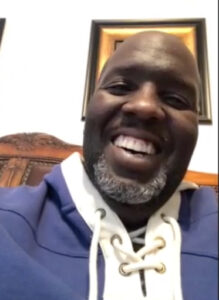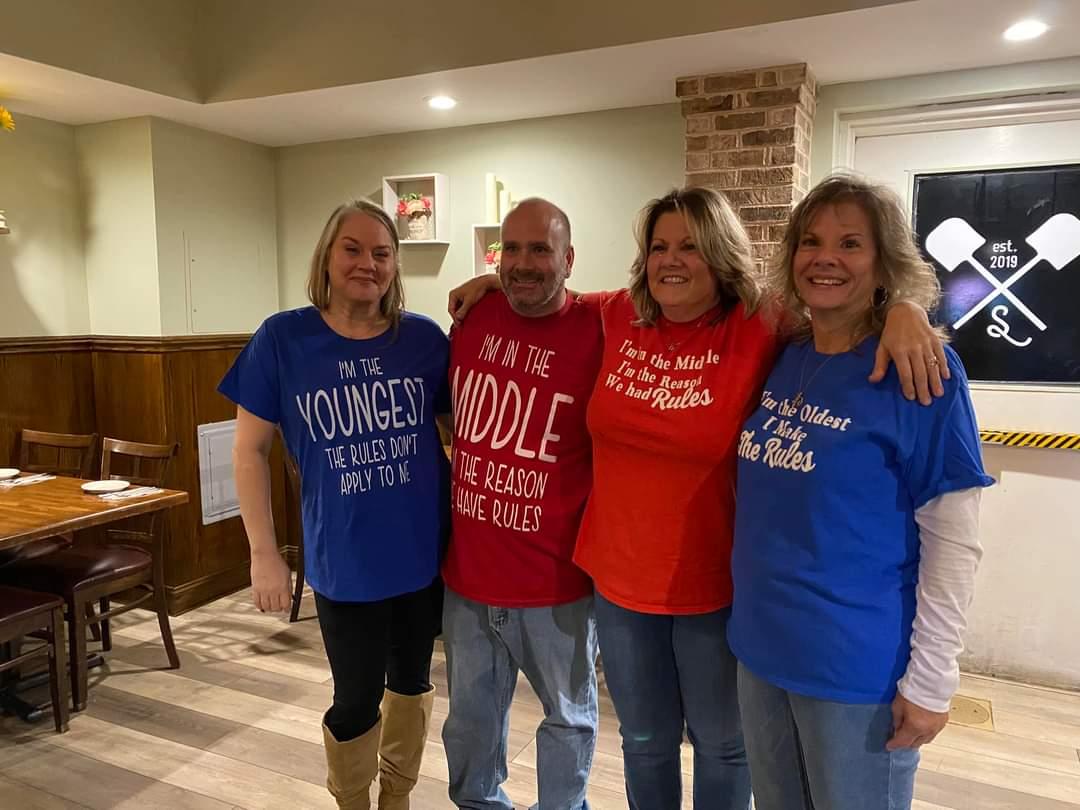People who know Maurice Hayes know he’s passionate about science, healthcare, and prevention. It’s personal for him.
For three decades, he’s worked as an MRI technician in Atlanta, and almost every day, he sees people from all walks of life, all ages, and all ethnicities, who are there for one reason. They’re sick. And being a compassionate person, he can’t help but wonder:
“Why can’t we do more to find out how this could have been prevented?” Maurice asked.
Of course, lifestyle also plays a role, he said.
“I’m a big proponent of preventative medicine,” he said. “Some things could be dealt with through diet and exercise.”
But that’s not the whole story.
Part of staying healthy involves also knowing what your risks are for disease. Knowing that early gives you time to figure out “the best way to anticipate what is coming and have a plan,” Maurice said.
And that’s where science and research come in, he said. He believes that genetic research offers hope for finding the causes and cures for disease. That’s what attracted him to 23andMe, learning more about his ancestral roots, particularly his genetic connections to Africa.
There’s a lot of genetic research out there to be excited about already. And Maurice, who follows some of those developments, can see the potential. But he also knows that those breakthroughs don’t benefit everyone, mainly if you are Black. This is partly because most genetic health research is done in people of European descent.
“So when the studies are going on, most of these studies don’t include Black people,” Maurice said. “That means the data is just not there.”
The irony is that it is often people within the Black community who are hit the hardest by certain conditions. Yet, they are usually not well represented in studies of those conditions. So, of course, it’s personal. Maurice has had family members who’ve dealt with heart disease, lung disease, and cancer. Most recently, he had two close relatives die from COVID-related illnesses.
That’s why he’s participating in research, not just through 23andMe and its Black Representation in Genomic Research study — which aims to understand the biology connecting genetic variants to diseases — but also in the National Institutes of Health’s All of Us study.
“There are not a lot of 50-something-year-old Black men who want to sign up to have their DNA checked because they’re too afraid of how that could be used in a bad way,” he said.
And there’s a reason for that. There’s some history. Still fresh in some people’s minds is the notorious Tuskegee Syphilis Study. In the 40-year-long study, African American men with syphilis were left untreated for their illness so that researchers could watch the disease’s progression.
“When you say ‘Research’ and ‘African Americans,’ everybody puts in the horror stories,” Maurice said. “(That) is one reason they’re not doing well with vaccinations. (It’s) because there is a lack of trust.”
Winning back trust will be difficult, but it’s essential for the Black community to benefit from research, which is why he’s participating in it.
“I want to ensure that the data was more inclusive,” Maurice said. “It’s also personal to me because of my family history and some of the diseases that we have, and I wish there was more research in that area.”
But it’s not just about him and his family. Seeing sick people day in and day out who might benefit from new genetic research motivates his interest in participating in research.
“I wanted to inspire other minorities to get to know themselves better. Let’s seek out those points of intersection. Together, we create a beautiful tapestry to be celebrated for all its diversity. Let’s begin anew.”




